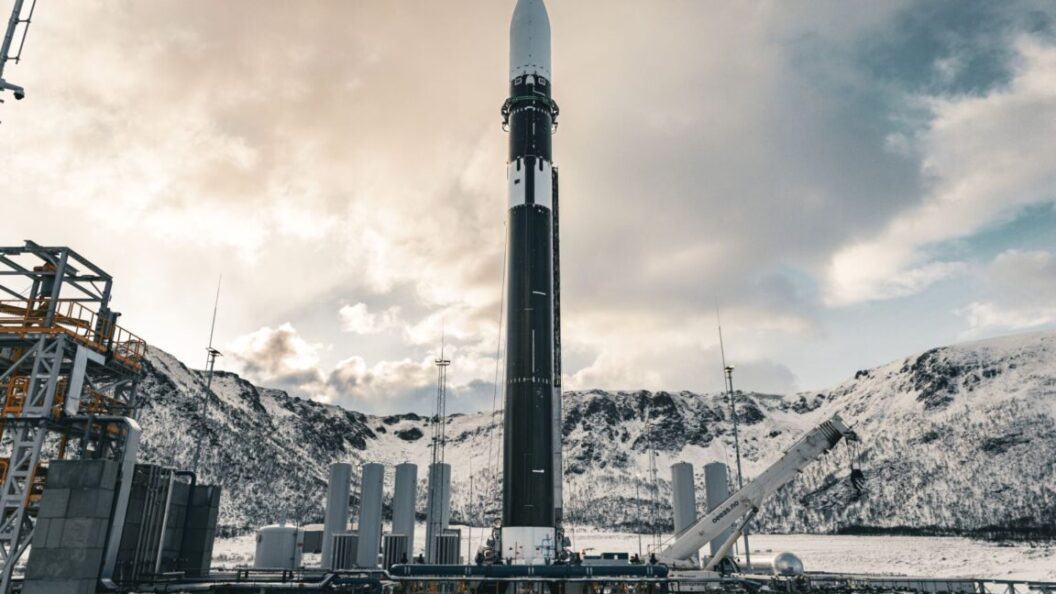Europe’s Space Launch Landscape: A New Era Begins
Recent developments in Europe’s space launch capabilities signify a critical shift in the continent’s approach to independent access to space. The retirement of the Ariane 5 rocket in 2023 marked the end of an era, as the spotlight now turns to the Ariane 6 and the smaller Vega C rockets. These advancements come amidst geopolitical shifts and the growing influence of commercial space enterprises.
Ariane 6 Takes Flight
On March 6, 2024, the Ariane 6 successfully completed its first operational flight, delivering a French military spy satellite into orbit. This launch was not merely a technological achievement; it represented a significant step toward bolstering Europe’s sovereign capabilities in space. Developed by the European Space Agency (ESA) in collaboration with ArianeGroup—a joint venture that includes industry giants Airbus and Safran—as well as the Italian defense contractor Avio, both the Ariane 6 and Vega C rockets illustrate Europe’s commitment to enhancing its space infrastructure.
Philippe Baptiste, the French Minister for Research and Higher Education, emphasized the strategic importance of this launch, stating that it serves as "proof" of European space sovereignty. He also highlighted that developments in the United States, especially the potential return of Donald Trump to the White House alongside influential figures like Elon Musk, have significant implications for Europe’s space partnerships. "To maintain our independence, ensure our security, and preserve our sovereignty, we must equip ourselves with the means for strategic autonomy, and space is an essential part of this," Baptiste asserted.
Challenges Ahead
While the Ariane 6 and Vega C launches are promising, they are not without hurdles. Both rockets are viewed as costly with no current pathway to reusability, which puts them at a disadvantage compared to rivals like SpaceX, which has revolutionized the industry with its rapid, reusable launch capabilities. European taxpayers may face increased costs as they support these programs, suggesting that developing autonomous access to space could come at a premium.
In addition to the established rockets, there are emerging players in the launch sector. Isar Aerospace’s Spectrum, although not reusable either, represents a new wave of innovation and competition that European officials hope will stimulate more options for space launches. Industry leaders are optimistic that increased competition could inspire incumbent launch providers to innovate and enhance their services.
Implications for Security and Competition
The recent test flight of Isar’s Spectrum highlights the broader implications of space for security, resilience, and technological advancement in the current geopolitical climate. Boris Metzler, a representative from Isar Aerospace, commented on the significance of the launch, stating, "In today’s geopolitical climate, our first test flight is about much more than a rocket launch."
Moreover, Metzler’s remarks emphasize a critical perspective—that access to space is not just a matter of technology but a foundational component of a nation’s security and competitiveness on the global stage.
ESA’s Space Transportation Division director, Tolker-Nielsen, characterized this launch as a "milestone" for Europe, expressing hope that it would pave the way for a flourishing commercial launch sector in the future. His acknowledgment of the ongoing efforts and collaborations involved in these developments underscores a collective mission to not only achieve technological milestones but also strengthen Europe’s position in the global space market.
Conclusion: The Road Ahead
The launch of Ariane 6 and developments with other rockets such as Vega C and Spectrum mark a pivotal moment for Europe’s access to space. As Europe navigates the complexities of a changing geopolitical landscape, its commitment to fostering autonomous space launch capabilities is evident. However, the ongoing challenges regarding cost and competition against more advanced commercial entities remain critical areas requiring careful attention.
In the grander scheme, Europe’s space initiatives reflect not just a technological endeavor, but a broader strategy for maintaining independence and security in an increasingly interconnected world. As new companies enter the fray and established players adapt, the European space sector stands at the brink of transformation—one that may redefine the continent’s role in the exploration and commercialization of space in the years to come.









